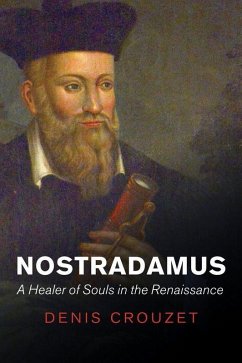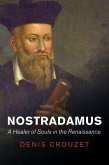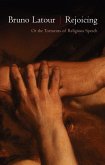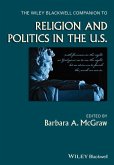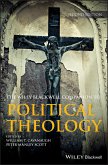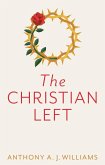One of the most enigmatic figures in history, Nostradamus - apothecary, astrologer and soothsayer - is a continual source of fascination. Indeed, his predictions are so much the stock-in-trade of the wildest merchants of imminent Doom that one could be forgiven for forgetting that Michel de Nostredame, 1503-1566, was a figure firmly rooted in the society of the French Renaissance. In this bold new account of the life and work of Nostradamus, Denis Crouzet shows that any attempt to interpret his Prophecies at face value is misguided. Nostradamus was not trying to predict the future. He saw himself, rather, as 'prophesying', i.e. bringing the Word of God to humankind. Like Rabelais, for whom laughter was a therapy to help one cope with the misery of the times, Nostradamus thought of himself as a physician of the soul as much as of the body. His unveiling of the menacing and horrendous events which await us in the future was a way of frightening his readers into the realisation that inner hatred was truly the greatest peril of all, to which the sole remedy was to live in the love and peace of Christ. This inspired interpretation penetrates the imaginative world of Nostradamus, a man whose life is as mysterious as his writings. It shows him in a completely new dimension, securing for him a significant place among the major thinkers of the Renaissance.
Dieser Download kann aus rechtlichen Gründen nur mit Rechnungsadresse in D ausgeliefert werden.
"This study by the distinguished historian of Renaissance France, Denis Crouzet, is a milestone in studies of Nostradamus for two reasons: its attention to the sixteenth century context of the prophecies, and its 'anti-interpretation', arguing that the meaning of the texts 'is always left hanging in the air'."
Peter Burke, University of Cambridge
"In this very subtle and thought-provoking book Denis Crouzet makes sense of Nostradamus precisely by accepting his deliberate obscurity. The extraordinary violence and disquieting imagery of his quatrains can be compared with the paintings of Bosch, portraying a world turned upside down where sin and cruelty presage divine punishment. Crouzet skillfully weaves this into a broader understanding of the spiritual and emotional imaginary of the Reformation era, when all old certainties seemed to be melting down, amidst terrifying human savagery."
Robin Briggs, All Souls College, University of Oxford
Peter Burke, University of Cambridge
"In this very subtle and thought-provoking book Denis Crouzet makes sense of Nostradamus precisely by accepting his deliberate obscurity. The extraordinary violence and disquieting imagery of his quatrains can be compared with the paintings of Bosch, portraying a world turned upside down where sin and cruelty presage divine punishment. Crouzet skillfully weaves this into a broader understanding of the spiritual and emotional imaginary of the Reformation era, when all old certainties seemed to be melting down, amidst terrifying human savagery."
Robin Briggs, All Souls College, University of Oxford

